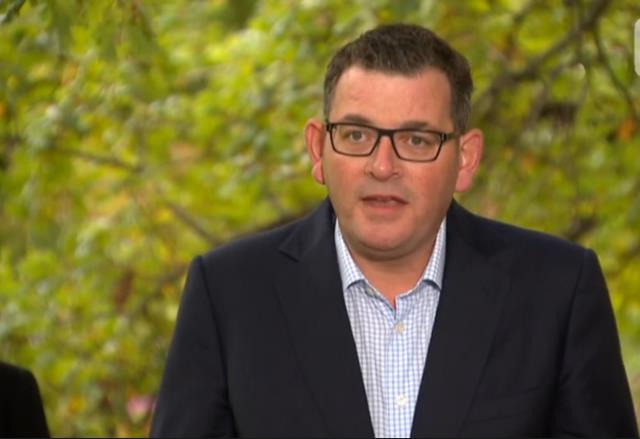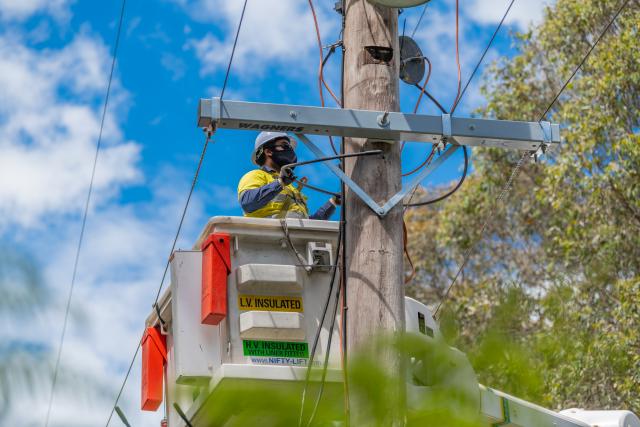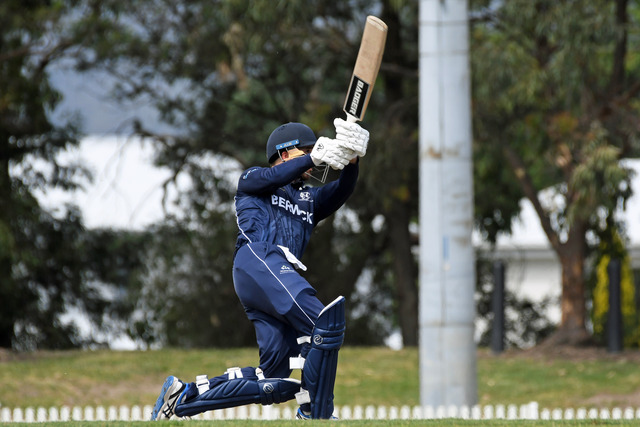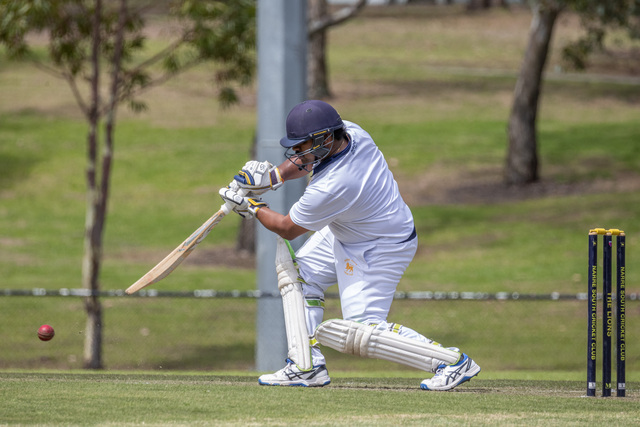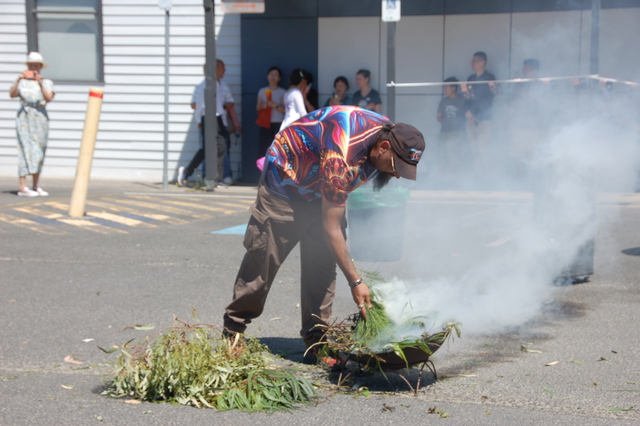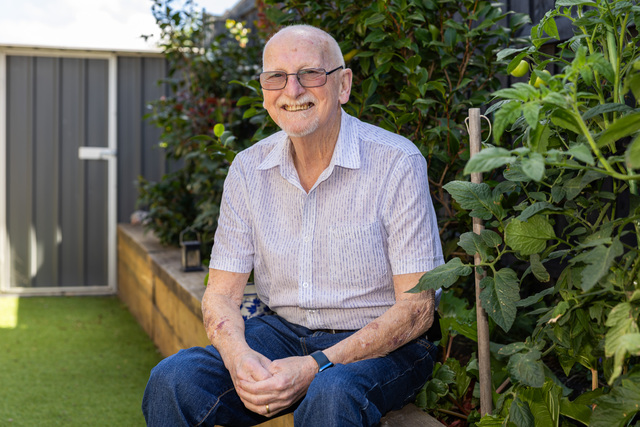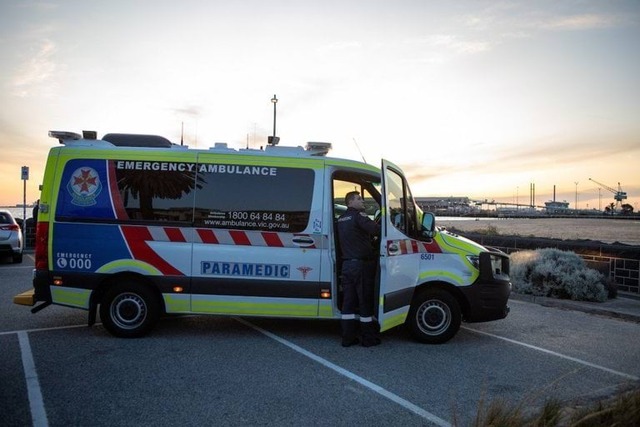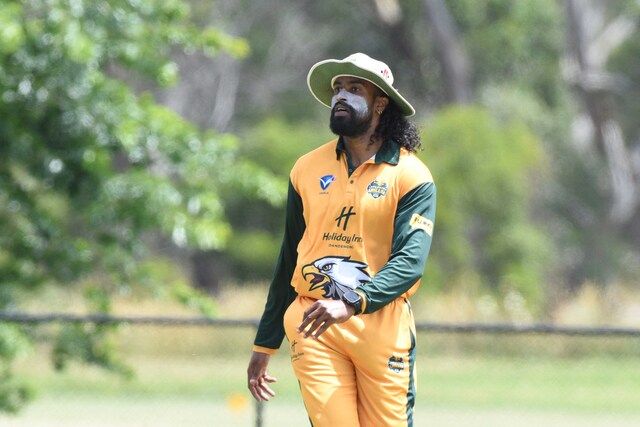Premier Daniel Andrews has been cleared of playing a part in the ‘Red Shirts’ scheme, the Victorian Ombudsman has found.
In her second report on the $388,000 scandal, Ombudsman Deborah Glass found Mr Andrews was aware of the scheme but there was no evidence of him “designing, propagating or facilitating” it.
Her report was prompted by a Parliamentary referral led by South Eastern Metropolitan MP Adem Somyurek in Parliament this year.
His claims in Parliament that Mr Andrews “designed the (Red Shirts) system” were “unsupported”, Ms Glass found.
She noted that Mr Somyurek did not supply emails allegedly supporting his assertion.
According to Ms Glass’s 2018 report, Mr Somyurek was one of 23 Labor MPs “potentially involved” in Red Shirts.
In her latest findings, she rejected claims that the MPs in Red Shirts acted more ‘corruptly’ than the branch-stacking Labor MPs and staff investigated by the Operation Watts inquiry.
Red Shirts – which used electorate officers to work on Labor’s 2014 state election campaign – was “an artifice” and “wrong”, Ms Glass found.
But it was not “criminal”, and nor was it “corrupt” under the IBAC Act.
Any further investigation of Red Shirts was “neither practicable nor proportionate”.
“There is no evidence to justify further investigation by Victoria Police, or referral to IBAC, of the red shirts scheme.
“I would question the expenditure of public funds in pursuing this issue further.”
Ms Glass conceded the issues “continue to loom large in the public consciousness as an example of unpunished wrongdoing”.
This was in part due to the “unsatisfactory” laws and sanctions for MPs “breaking the rules”, she stated.
But also due to a police operation after her 2018 report, in which 17 ‘red shirts’ field organisers were “dramatically” arrested in ‘dawn raids’ but 23 Labor MPs were not.
MPs refused to be interviewed by police, and they were not compelled to do so.
It led to speculation that the police had been “nobbled”, Ms Glass stated.
“In my view, the high-profile arrests of 17 people some four years after the events for which they were being questioned, was a mistake.
“A less public and intrusive approach would have been more proportionate.
“It would also have reduced the level of inaccurate public speculation about the culpability of the people involved.”
The Director of Public Prosecutions’ “robust and equivocal” advice at the time was of “no reasonable prospects of conviction”.
No-one was ultimately charged.
On social media, Mr Somyurek hit back, claiming that “not once did I claim I had new evidence” and “at no stage did the Ombudsman ask me for emails”.
“The purpose of my referral was for IBAC to conduct a public examination including Andrews.”
In a statement, he said the Ombudsman’s report implied the matter was a “media beat up”.
“The Ombudsman must now explain why it took 2.5 years and millions of dollars of taxpayer funds to determine what she already knew from the outset, that is, that there was never any chance of criminality and corruption into the matters pursued by Operation Watts with regard to electorate officers performing party political tasks.”
In the Watts inquiry, Mr Somyurek was found to have breached Ministerial and MP codes of conduct, but wasn’t referred for criminal investigation.

